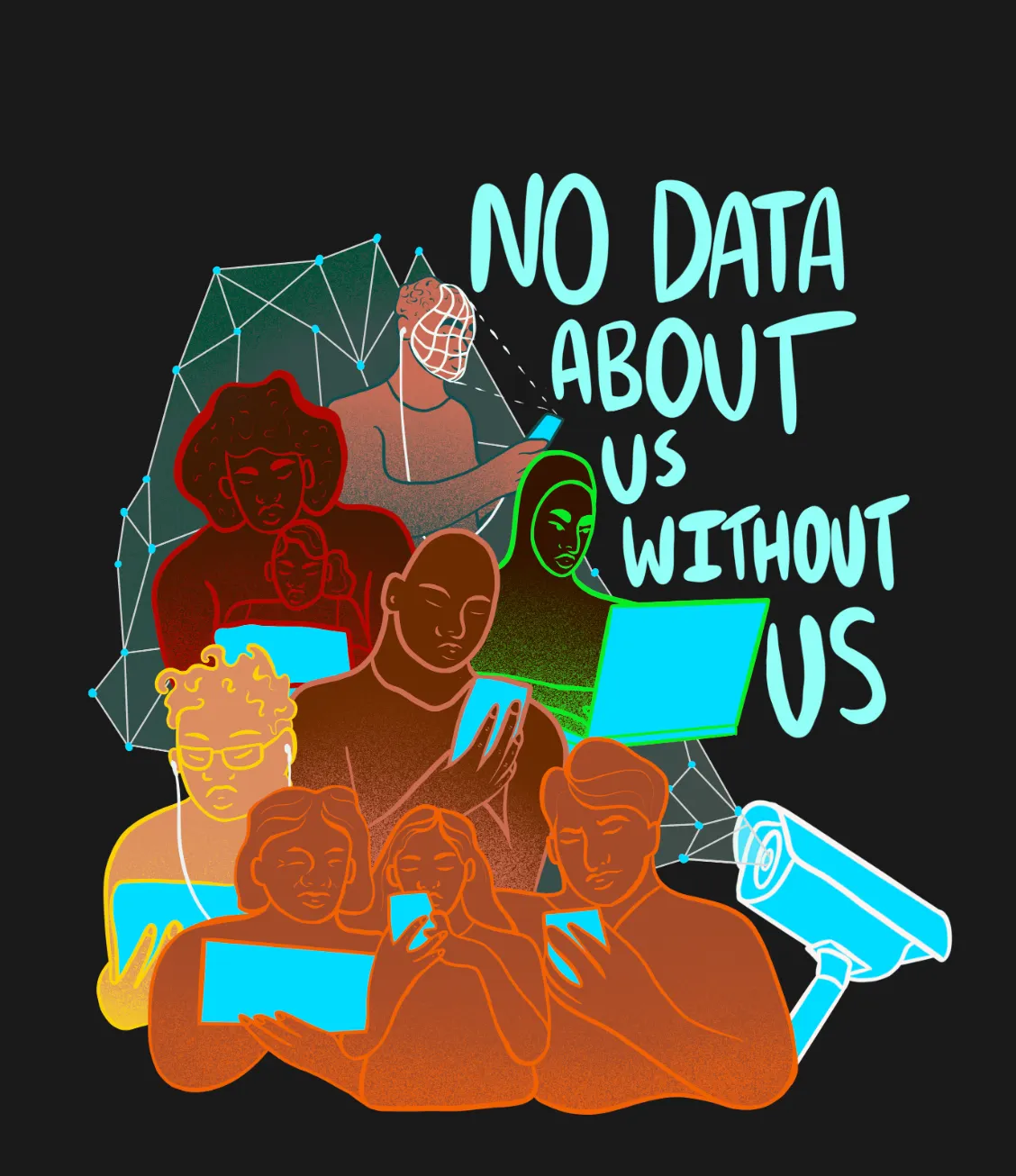Moving Beyond Technological Quick Fixes: A People-Centric Approach to Digital Urban Security in African Cities
Dorcas NyamwayaUrban security challenges in African cities have prompted governments to invest heavily in digital surveillance technologies. This post advocates for a shift towards public engagement and community involvement in the deployment and implementation of these technologies.

The Current Approach
Governments across the African continent have often presented the acquisition of digital surveillance technologies as a solution to longstanding structural problems in urban security, portraying them as essential for delivering public security. Currently most of these governments have been implementing crime prevention programs that embrace the deployment of surveillance technologies. A study into some of these programs estimates that African governments are collectively spending over $1 billion per year on digital surveillance. The study underscores the reliance on foreign players to supply these technologies, with China dominating the supply of public space surveillance technologies, the U.S. and the UK excelling in social media monitoring, Germany, Italy, and Israel leading in exporting mobile phone hacking malware, and the UK taking a lead on fake mobile phone towers (IMSI-catchers) designed for spying on mobile phone users.
An examination into the prevalent integration of public security systems in African cities highlights a notable absence of consideration for the people. Instead, geopolitical interest, foreign influence and local political dynamics play a key role, given that most of these projects funded through bilateral agreements and loans that involve purchasing surveillance technology packages. This often results in a situation where the crucial elements of people's needs and interests are neglected, leaving the ultimate cost to be borne by the very people these systems are meant to protect.
The pitfalls of current approach
The current approach has resulted in many African cities becoming testbeds for new, untested, and sometimes unregulated technologies, as governments strive to constantly "catch up" with current technological trends. Consequently, most African governments tend to accept significant trade-offs, prioritizing progress in the form of advancement of technological capabilities at the expense of public input, as well as public safety. Ultimately, the deployment of these surveillance technologies fails to be grounded in the real needs of the people, instead prioritizing other considerations that may not align with the broader welfare of the communities involved.
- In Zimbabwe, lacking robust public involvement and accountability measures, the state entered into a strategic partnership with Cloudwalk, an AI startup based in Guangdong, to establish a mass facial recognition program for law enforcement and digital forensic operations. The initiative, funded through the Belt and Road Initiative (BRI), was portrayed as a mutually beneficial agreement. However, upon closer examination, it was revealed that Cloudwalk would provide high-end mass surveillance technologies in exchange for the facial IDs of Zimbabweans which would be used to train to enhance their accuracy. This arrangement sparked concerns relating to digital colonialism and risking the privacy rights of Zimbabweans and raised ethical concerns as the facial IDs of Zimbabwean citizens were essentially used as commodities without their consent to essentially position China ahead in the race for facial recognition technologies. The citizens' inability to contribute to the deployment of these technologies allows rampant exploitation by private companies in the facial recognition space without adequate legal protections for the people.
- In Uganda, $126 million was invested in obtaining AI public security platforms to address the increasing incidents of violent crime in the nation's capital, Kampala. Despite the ostensibly permissible motivations behind the acquisition of these surveillance technologies, its implementation lacked accountability mechanisms and public involvement resulting in the deterioration of liberties, with local civil rights organizations and opposition leaders in Uganda arguing that the adoption of these systems led to extra-legal surveillance and interception of the communications of opposition leaders.
While these technologies have the potential to enhance service delivery, law enforcement, and administrative efficiency, their deployment often demonstrate a concerning lack of public awareness and clear usage guidelines. Additionally, there are insufficient measures to address transparency and accountability in the acquisition of these surveillance technologies, along with policies to ensure that government agencies consider the impact of these technologies on civil liberties and public trust alongside its financial cost and potential benefits to public safety.
An Alternative Approach
An alternative perspective is to regard digital transformation as a process guided by humans, facilitated by technology, and centered around the needs of the community. Through this lens, African governments can adopt a strategic and proactive stance that actively involves their citizens while safeguarding human rights in deploying surveillance technologies. This people-centered approach is vital for ensuring that the adoption of these technologies focuses on enhancing the quality of life while prioritizing sustainability, inclusivity, prosperity, and human rights for the collective benefit of all.
In the City of Seattle, the public is given the opportunity to weigh the costs and benefits of acquisition surveillance technologies —encompassing equipment, hardware, and software—prior to their deployment. The Ordinance in place, mandates City Departments to prepare Surveillance Impact Report, that includes an in-depth review of privacy implications and the impact on civil liberties focusing on equity and community impact, on all new surveillance technologies. It further mandates community meetings and outreach before City Council approval, necessitates the robust publication of Surveillance Impact Reports and equity impact assessments, and outlines a systematic process that includes an inventory of existing surveillance technologies. The Ordinance also provides for a cause of action, enabling the public to enforce the law in court, if necessary, thereby reinforcing the commitment to accountability and legal oversight.
The City of Oakland adopts a similar approach to Seattle concerning impact reports and public/community engagement. In addition, city departments are mandated to submit a comprehensive report detailing their plans for utilizing new surveillance technology, specifying the collected data, its retention period, and the entities with access to the data. Notably, an oversight body known as the Privacy Advisory Commission, is established to assist the city in the governance of this policy, and to provide advice and technical assistance to the City staff about how to protect citizen privacy rights in connection with the City’s purchase and use of surveillance equipment and other technology.
Conclusion
There is a need to reevaluate the digital surveillance programs in African Cities. Drawing inspiration from the policies implemented in cities such as Seattle and Oakland, African cities should embrace a people-centered approach to ensure that more responsible, accountable, and effective public security systems that prioritize the need of the people and ensure that technological advancements serve the collective good while upholding fundamental rights and liberties.



